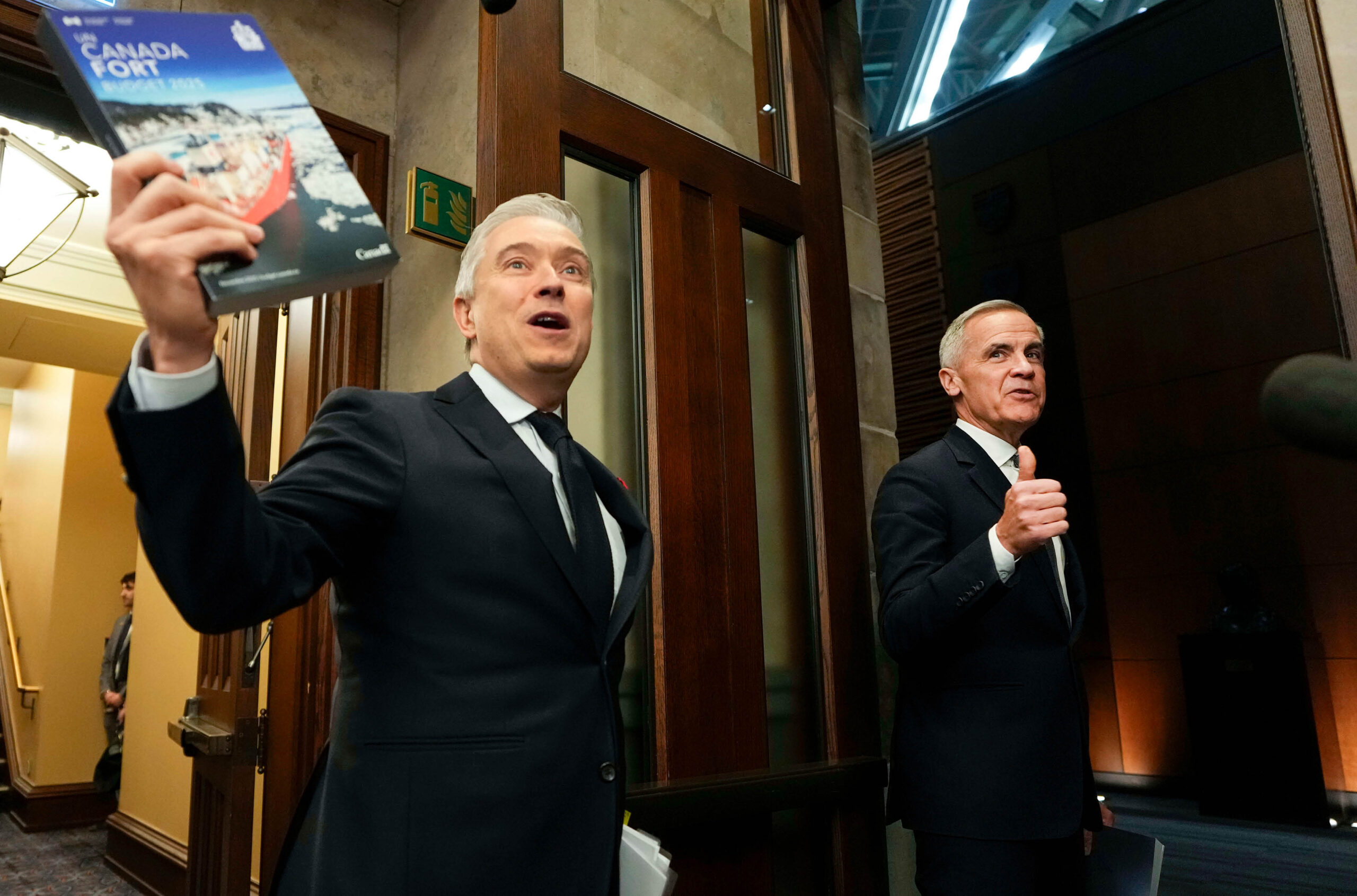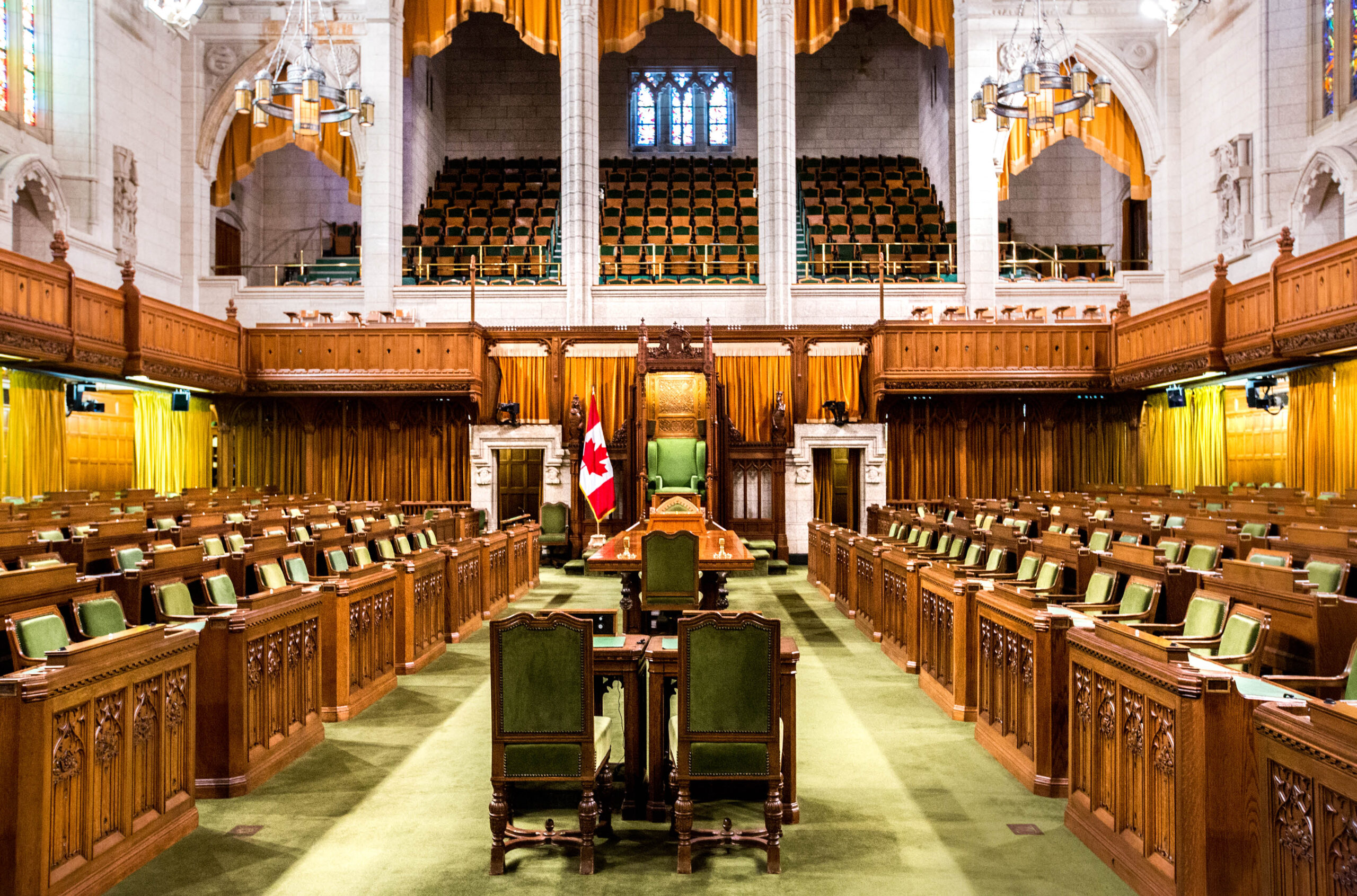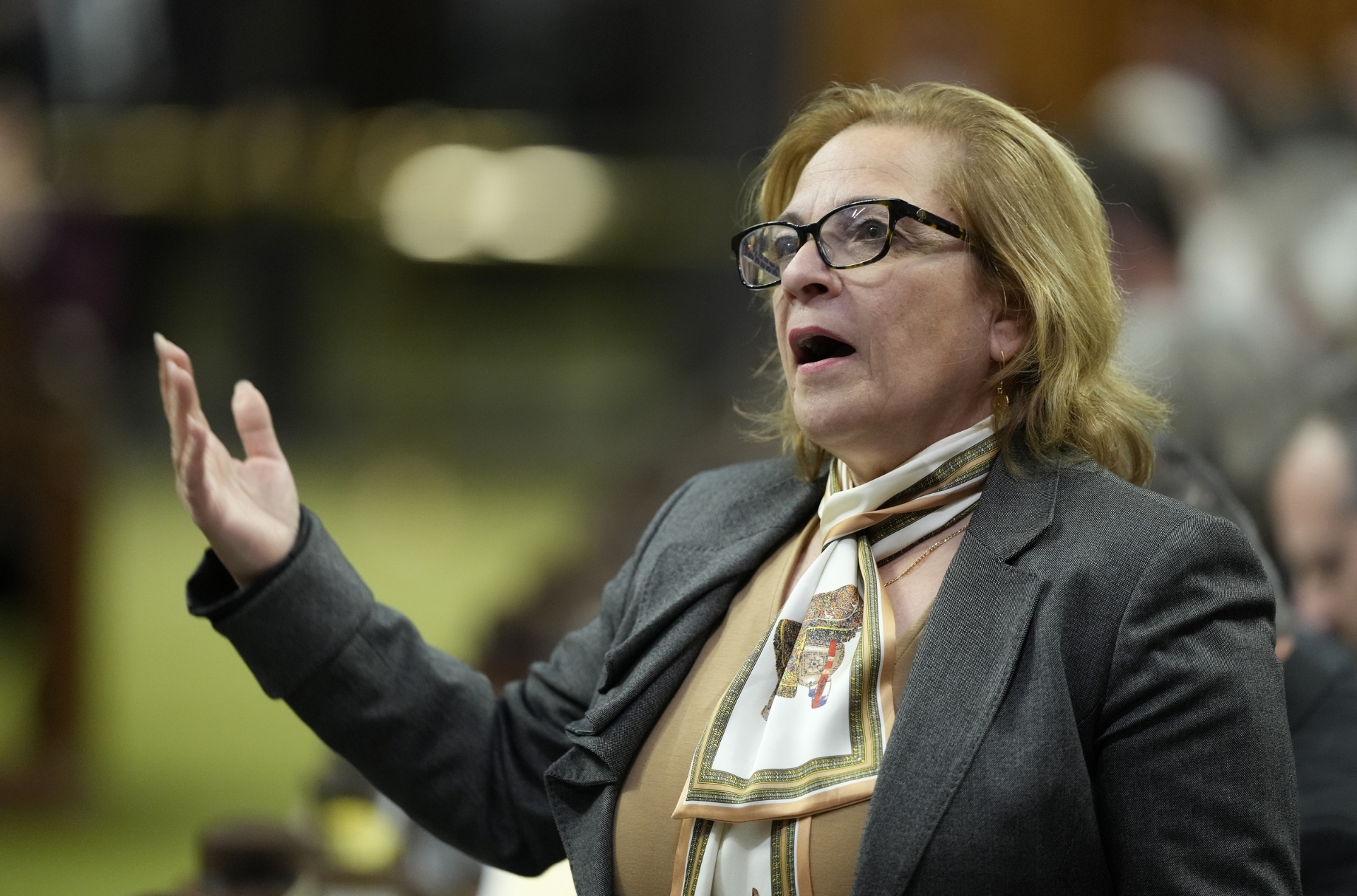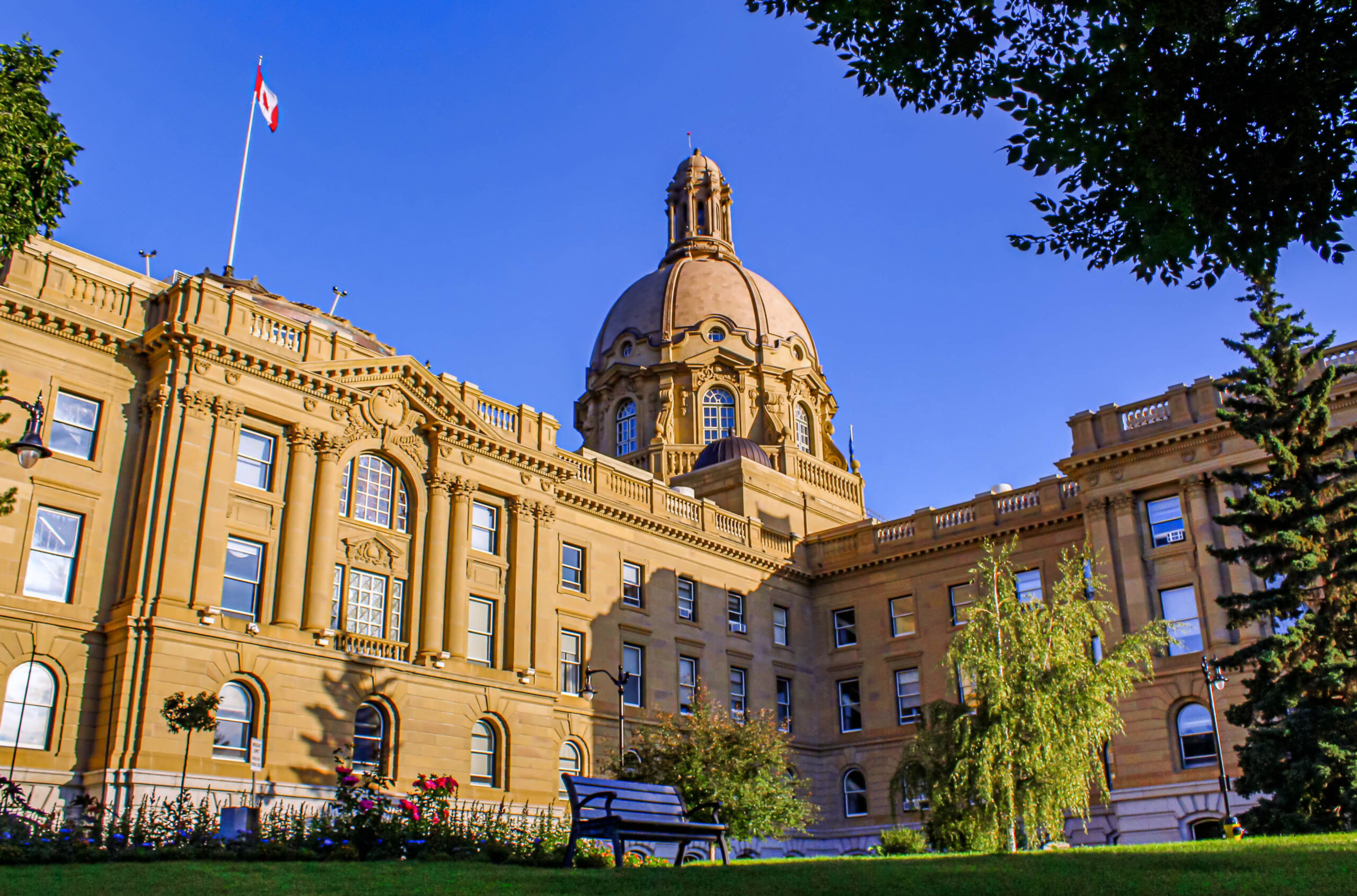Post-secondary leaders express mixed reactions to Budget 2025
Cuts to international study permits raise alarm, research investments welcomed.

Yesterday’s federal budget announcement of significant cuts to international study permits, coupled with an investment strategy to draw global researchers, prompted swift reactions from the academic sector.
Robert Asselin, CEO of U15 Canada, welcomed the budget’s investments in research.
“In a context where several ministries and agencies are being forced to reduce their spending, it’s encouraging to see that investments in research have been preserved,” said Dr. Asselin, whose organization represents Canada’s research-intensive universities.
However, he expressed concerns over the reduction in international study permits.
“We have been emphasizing the crucial role of international students in the university system for a long time,” said Dr. Asselin. “We have to wait for more context to evaluate the concrete effects, but it’s something to follow closely.”
Good signs for research
The new talent attraction strategy for international researchers announced in yesterday’s budget provides $1.7 billion for a suite of measures that would bring over 1,000 highly qualified researchers to Canada from abroad.
Dr. Asselin said the $1.7 billion strategy was “very positive for the future, particularly at the fundamental level, and is consistent with the government’s vision of scientific and technological development in the country.”
The investment includes $1 billion over 13 years to the Tri-agencies for an “accelerated research Chairs initiative” to recruit exceptional international researchers to Canada, and funding to the Canada Foundation for Innovation for infrastructure and support to assist the new researchers.
Frédéric Bouchard, dean of the faculty of arts and sciences at the Université de Montréal, said the budget sends a rather positive message to the research community, even though several grey areas remain. “What’s interesting is that these funds are linked to the granting councils, which ensures a certain coherence in funding,” noted Dr. Bouchard. However, he questioned the exact nature of these amounts: “Are these new investments, or a reallocation of funds already announced in the previous budget?”
Dr. Bouchard added the academic community should pay close attention to the actual scope of support for scientific infrastructure, which he describes as “very technology-oriented” in its focus on artificial intelligence and critical materials. “We must not forget that innovation also relies on the humanities and social sciences. The transformations of work and AI are not just technological issues — they are human challenges,” he said.
Concern over study permit reductions
According to the budget, the federal government will issue only 155,000 new foreign student visas in 2026 and 150,000 in each of 2027 and 2028. That’s a significant reduction from the plan under the previous Trudeau government, which would have allowed 385,000 foreign student visas to be issued in 2026 and 370,000 in each of the following years.
More details about the study permit allocations will be released in the coming weeks, according to the budget.
Larissa Bezo, president and CEO of the Canadian Bureau for International Education, said that Canada’s reputation has already suffered under the previous international student cap, first announced in 2024. She expressed concern that further cuts will worsen the situation. “Will this lead to further damage? Or the perspective that Canada has further closed its borders? That is our top concern,” she said.
Though the full impact of the cuts will unfold in the coming months, Ms. Bezo said they were no surprise, noting the government has been clear about its intent to reduce temporary residents. Still, she argued, meeting Canada’s economic goals will require both domestic and international students.
“We need the international talent to achieve those goals, because we’re not going to have enough domestic students in the system to build the talent that we need,” she said.
Cutting international student numbers — and the tuition revenue they provide — will weaken university programs, Ms. Bezo warned. “By further reducing the international education sector, it’s hampering institutions’ ability to provide programming for domestic students.”
Dr. Bouchard said the policy regarding international student visas should be revisited. “If we want to maintain world-class laboratories, we must be able to recruit talent from all over the globe. Master’s or doctoral students are not the ones putting pressure on the rental market. The talent recruitment strategy announced in the budget should be accompanied by more flexibility in that regard,” he said.
Universities ready to work with the government
Gabriel Miller, president and CEO of Universities Canada, said that universities are ready to work with the government to help accomplish its priorities. “With strong, sustained partnership, universities are ready to turn these commitments into the skilled workforce our country needs to grow and thrive,” said Mr. Miller in a press release.
The association acknowledged the government’s push for a more sustainable immigration system and stressed that its talent plan must align with the country’s economic agenda. “We look forward to the full details of the [Immigration] Levels Plan and will continue to advocate for practical solutions that promote predictability, coordination and support for responsible institutions.”
Featured Jobs
- Psychology - Assistant Professor (Quantitative Methods / Data Science)MacEwan University
- Psychology - Assistant ProfessorSt. Jerome's University
- Law - Assistant or Associate Professor (International Economic Law)Queen's University
- Biochemistry, Microbiology and Bioinformatics - Faculty Position (Microbial Systems Biology, Omics Data Analysis)Université Laval
- Sociology - Professor (Quantitative Data Analysis Methods and Social Statistics)Université Laval
















Post a comment
University Affairs moderates all comments according to the following guidelines. If approved, comments generally appear within one business day. We may republish particularly insightful remarks in our print edition or elsewhere.